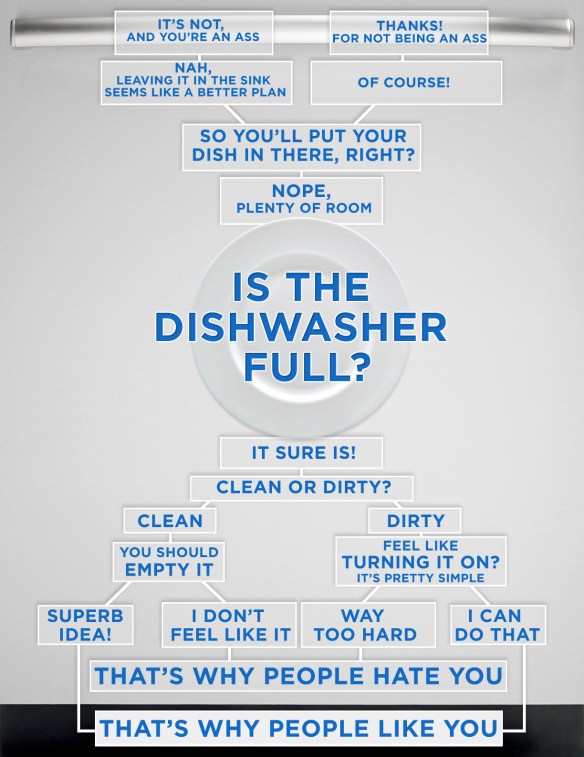
There are certain tasks I’ve been meaning to do. But I keep putting them off. I’m asking myself why and this morning I’m trying to tackle a few of them before the day gets away from me. Number one, we’re going out of town and I need to find a place to board Olive.
The closer the day of vacation approaches, the more I hesitate. I’m afraid I’m already too late and the “pet resorts” will be booked. I also know that Olive will hate being boarded, but we have to do it for her own good. Plus, I know my husband will be annoyed with the cost and push me to try to find something with a lower cost or demand a discount. Lots of reasons to not pick up the phone.
Another thing I’m procrastinating about is a recall on our car. The notice came in the mail and I just don’t know when it’s a good time to schedule the appointment. I finally called first thing this morning and got voice mail. We also have to get the car fixed after the hail damage. We filed a claim and talked to our agent. They are supposed to get back to us, but they are overwhelmed with claims. Our friends who live in Prescott, at the center of the storm, had a damaged roof, broken windows at their house and found four dead dear in the backyard.
Will we get all of this done on the car before vacation? Or should we wait?
I’m procrastinating on making some phone calls for a couple of interviews I need to do for stories that were suggested for me to write. I’m now procrastinating on writing. Why is that? Do I want to write the stories? Or not?

My son was a master procrastinator in high school. His college applications were pure torture. I hated the whole process. He’d sit for days in front of his computer and get nothing done until right before they were due. He put off a one-semester Health class until the final semester of high school. It was online. I got a phone call Memorial Weekend that he wasn’t going to be allowed to “walk” because he never completed the course. I told the counselor that he had been named Valedictorian and was giving a speech.
“That is odd,” she said.”We’ve never encountered this before.”
They agreed to unlock the entire class and let him finish it that weekend, so he could graduate and be on stage to give his speech. Apparently, they only unlocked one unit of the class at a time, and he had to hunt down the teacher when he was ready for another unit, which was a hassle, he said.
I’m shaking my head at the memory. But at least he came by his procratsination honestly.
Do you have issues with procrastination? On what types of things? Any tips to overcome procrastination?

































